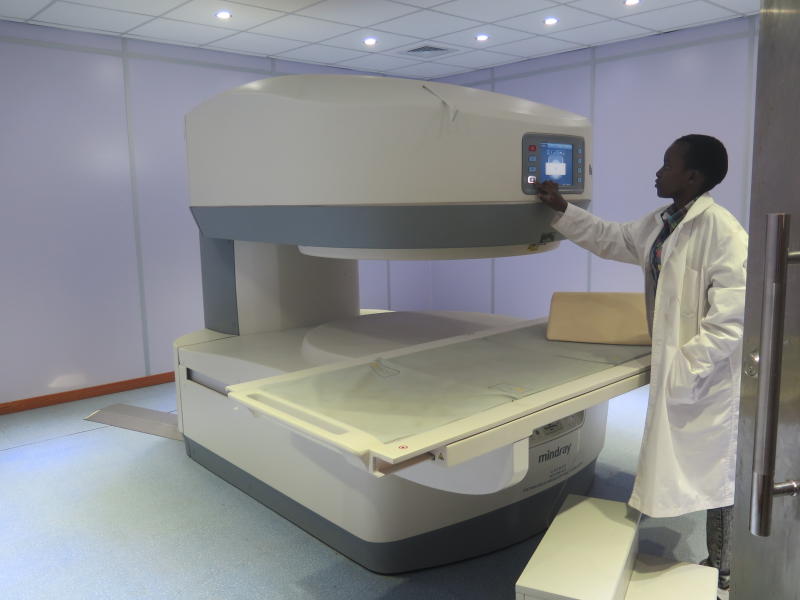×
The Standard e-Paper
Join Thousands of Readers

Leased medical equipment still presents the best choice for the Kenyan healthcare despite the pitfalls experienced in its implementation.
GE Healthcare says the Managed Equipment Service (MES) programme offers the best strategy in managing Kenya’s health sector.